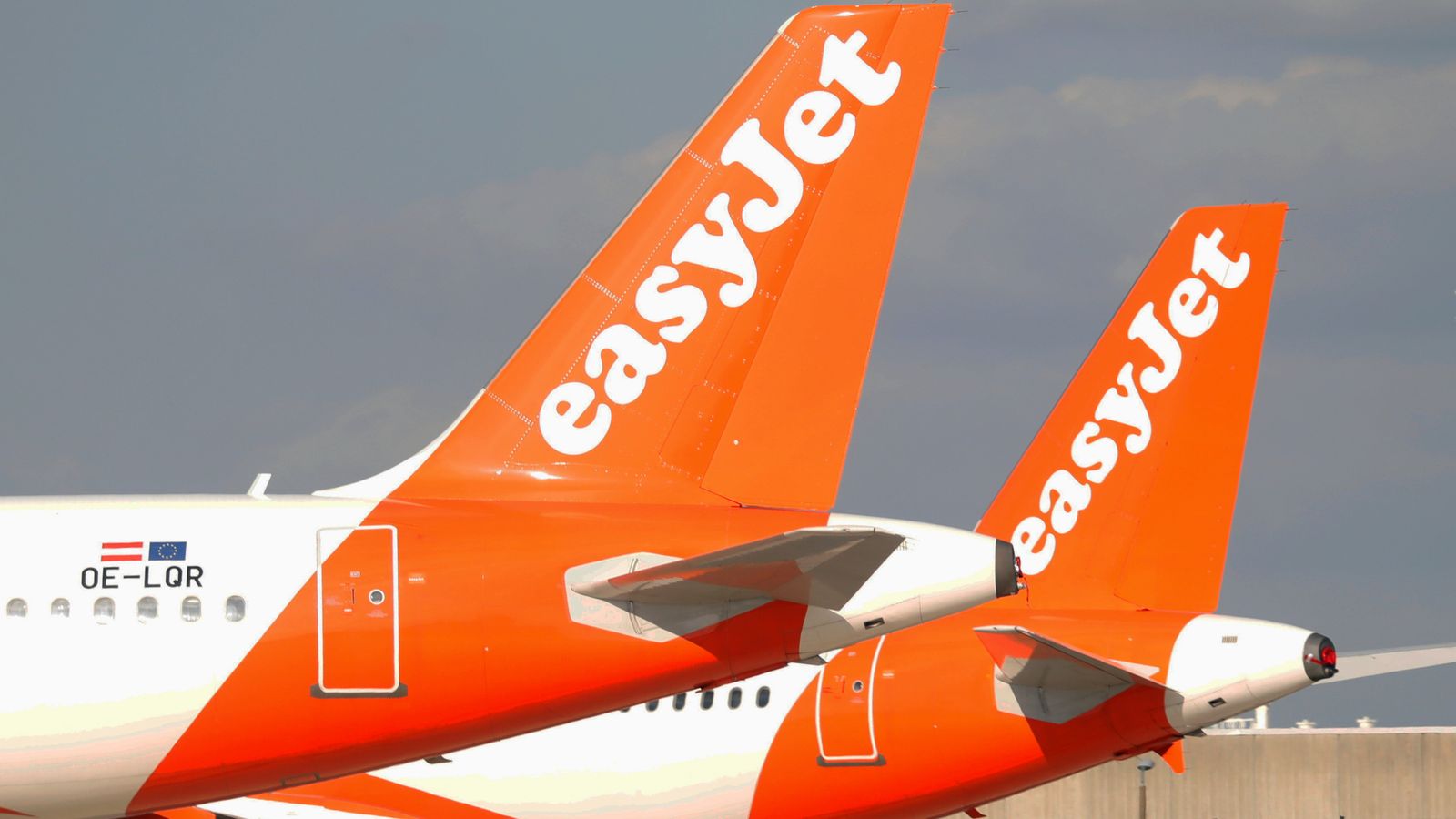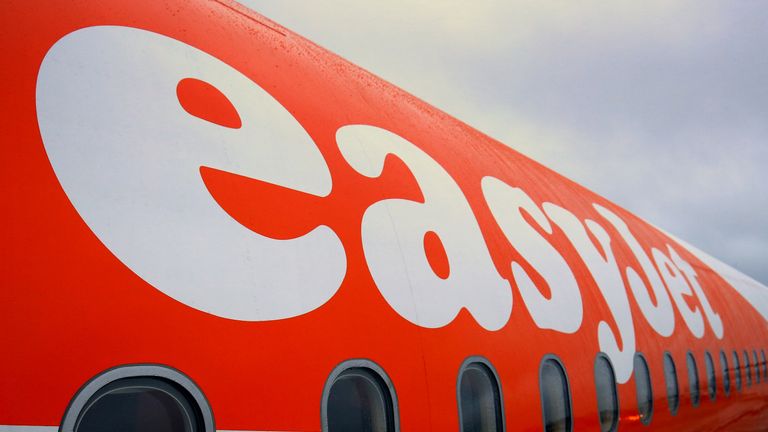The chairman of easyJet is preparing to step down as Britain’s airline industry holds its breath for a summer season recovery that could salvage its short-term future.
Sky News has learnt that the low-cost carrier has appointed headhunters to identify a successor to John Barton, who has held the role since 2013.
City sources said that easyJet had begun approaching potential candidates in recent weeks with the objective of a new chairman being in place by next year’s annual meeting.
The search is being handled by Lygon Group.
Mr Barton, who also chairs the fashion retailer Ted Baker, has been at the helm during the most tumultuous period in easyJet’s 26-year history.
He replaced Sir Mike Rake, who had endured a fractious relationship with Sir Stelios Haji-Ioannou, the airline’s founder and largest shareholder.
In a statement issued to Sky News this weekend, a spokeswoman said: “easyJet’s chairman John Barton will have served nine years in May 2022 which is the recommended maximum for best practice corporate governance.
“As a result, the board will ensure an orderly transition and so easyJet is working with Lygon. John remains fully committed to his role.”
Mr Barton has survived a fierce backlash from Sir Stelios, who threatened to requisition a series of shareholder meetings after the pandemic hit to force easyJet to abandon a £4.5bn Airbus order.
At an EGM held a year ago, Mr Barton survived an attempt to oust him, winning 58% of the vote.
Sir Stelios, who launched easyJet in 1995 and floated it on the London Stock Exchange five years later, said last year that the company would be insolvent by August 2020 unless it cancelled the order.
The tycoon sold part of his stake last summer for the first time since 2015, although he remains easyJet’s largest investor.
EasyJet has raised £5.5bn of liquidity since the start of the coronavirus crisis by arranging new loans and tapping shareholders for additional funding.
In a trading update published last month, the company said it anticipated a loss for the six months to the end of March of up to £730m.
Passenger numbers during the period slumped by nearly 90% to just over 4m.
Like the rest of the airline industry, its balance sheet has been decimated by the grounding of its fleet, leaving it scrambling to reduce its cash burn.
The Luton-based carrier said last May that it would need to cut up to 30% of its workforce, since when a UK consultation process has led to more than 1300 voluntary redundancies.
Johan Lundgren, easyJet’s chief executive, had urged the government to put most European countries on its ‘green list’ of travel destinations in a bid to salvage the critical summer trading period.
Since the recent announcement of the list, easyJet has made tens of thousands of additional seats available to countries including Portugal amid surging demand.
EasyJet is due to publish half-year results next week.

